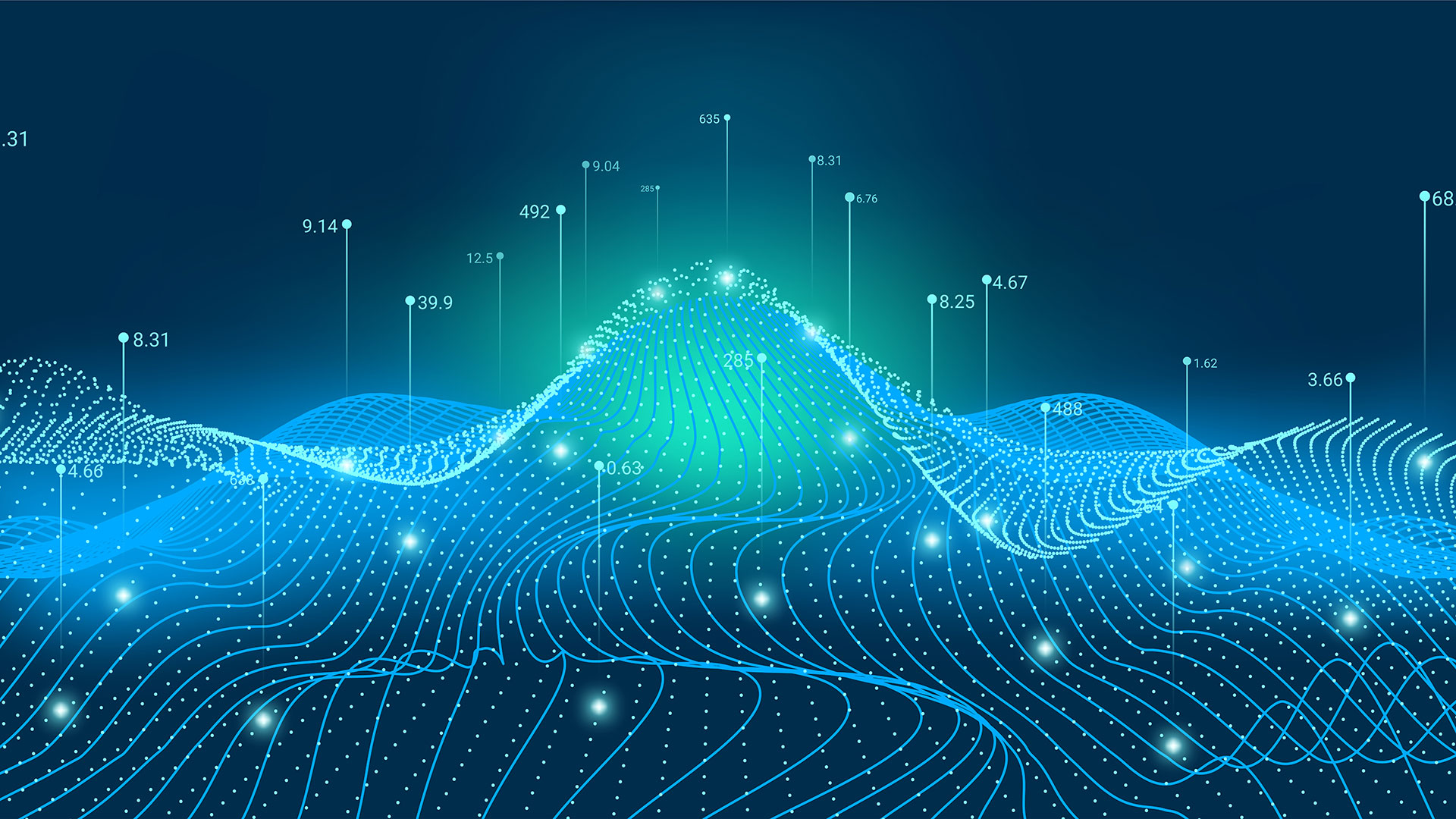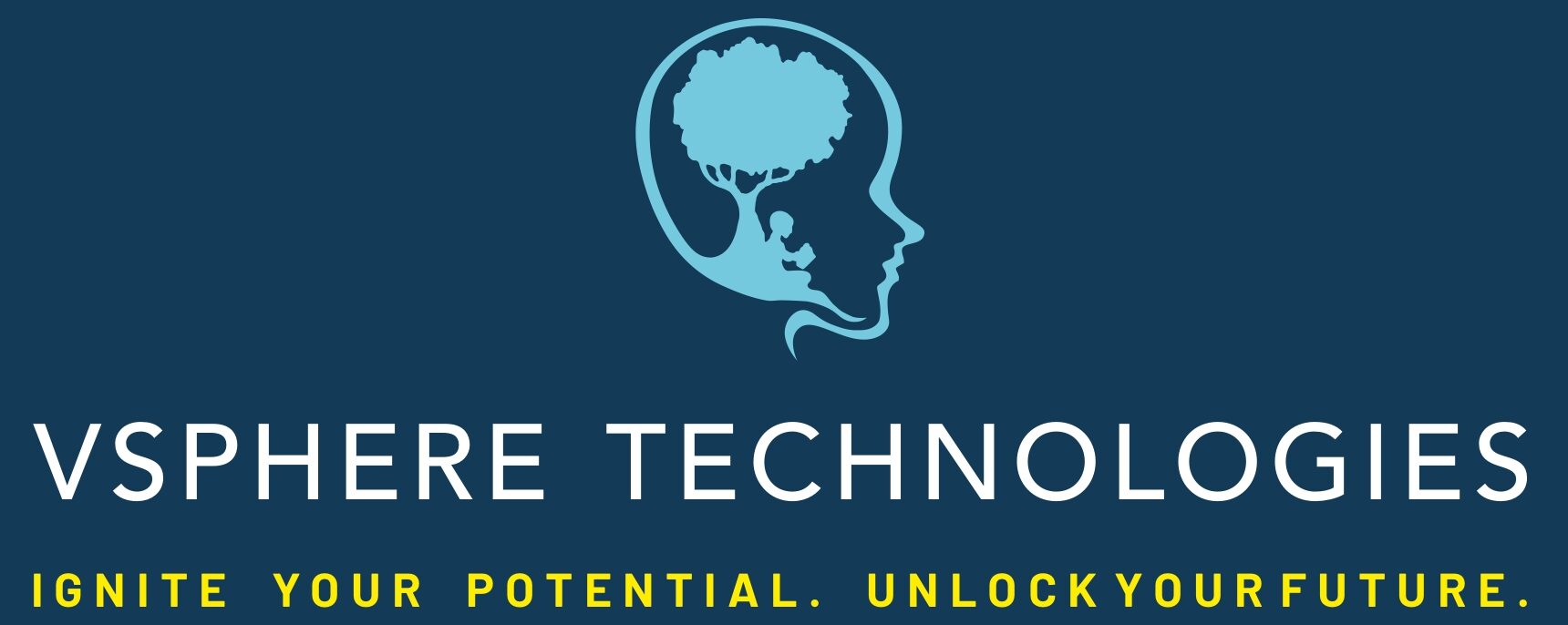
Master the Power
Master Data Science with VSPHERE Technologies
This Comprehensive Data Science Program is meticulously designed to guide learners through the essentials of data science to advanced applications, making them proficient in extracting insights from data and solving real-world problems. Ideal for beginners and professionals alike, this course combines theoretical knowledge with hands-on practice through the use of popular data science tools and methodologies.
In today's data-driven world, data science skills are more valuable than ever.
Invest in your future, enroll today, and become a data scientist!
+ 91 86600 39835
CALL ANYTIME OUR TO EXPERTS
Syllabus for Data Science
Introduction to machine learning
2.01 Variables
2.02 Operators
2.03 Data Structures
2.03.01 Lists
2.03.02 Tuples
2.03.03 Dictionaries
2.04 Indexing
2.05 Slicing
2.06 String Handling
2.07 Control Flow Statements
2.08 Functions
2.09 Classes
2.10 Numpy
2.11 Pandas
2.11.01 Data Preprocessing with pandas
2.12 Date Time
2.13 File Handling
3.11 Measurement scale
3.12 Sampling
3.13 Types of variables
3.14 Types of statistics
3.15 Measure of central tendency
3.16 Measure of variability
3.17 Plots
3.18 Skewness
3.19 Kurtosis
3.20 Central limit theorem
3.21 Probability
3.22 Combinations and Permutations
3.23 Bayes' Theorem
3.24 Confidence Interval
3.25 Pearson correlation coefficient
3.26 Hypothesis test
3.27 Decision Errors
3.28 Z,T tests
3.29 Anova (one way, two way)
3.30 Chi Square test Course Content
4.01 Regression basics
4.02 Simple Linear Regression
4.03 Gradient Descent algorithm
4.04 Polynomial Regression
4.05 Ridge and Lasso Regression
4.06 Multi nominal Regression
5.01 Classification basics
5.02 Training and Loss
5.03 Threshold
5.04 Accuracy
5.05 Precision and Recall
5.06 Roc Curve and AUC
5.07 Bias and Variance
5.08 Cross Validations
5.09 Grid and Random Search
5.10 Im-balanced datasets Course Content
6.01 PCA basics
7.01 Tree basics
7.02 Random Forests
7.03 ADA Boost
7.04 XG-Boost
8.01 ARIMA
8.02 SARIMA
8.03 Anomaly Detection and Forecasting
11.01 Clustering basics
11.02 K Means Clustering
11.03 Hierarchical Clustering
11.04 DB Scan clustering
11.05 Anomaly Detection Course Content
12.01 RegEx
12.02 Remove punctuation
12.03Tokenization
12.04 Remove Stop words
12.05 Lemmatize/Stemmer
12.06 Count Vectorization
12.07 Sparse matrices
12.08 N-Grams
12.09 TF-IDF
12.10Bayesian Classifier
12.11 Sentiment classification
12.12 Ham or Spam classification
12.13 Text Summarization Course Content
13.01 Content based Filtering
13.02 Collaborative Filtering
13.03 Singular Value Decomposing
13.04 Reading data from NOSQL db, HDFS , Kafka stream
14.01 Saving and Loading Models
14.02 Flask framework
14.03 Django framework
14.04 Deploying the Models
14.05 Model Testing
15.01 Matplotlib and Seaborn Visualizations
15.02 Plotly dash visualizations
15.02.01 Plots using the Plotly
15.02.02 Dashboard implementations Course Content
16.01 Neural Networks Basics
16.02 TensorFlow Basics
16.03 Sparce and Dense neural networks( Regression and Classification)
16.04 Dimension Reduction Cat2vector
16.05 CNN
16.06 Sequential Neural Networks
16.06.01 RNN
16.06.02 LSTM
16.07 NLP Using Neural Networks
18.01Rasa and Amazon LEX
19.01 Azure and GCP Machine Learning
19.02 Azure and GCP based Document Processing

Program Description
At VSPHERE Technologies, we offer a comprehensive Data Science training program designed to equip you with the knowledge and expertise to extract insights from massive datasets and solve complex problems. Become a data scientist and unlock the power of data to drive real-world results.
Dive Deep into the Data Science Universe
- Data Fundamentals
- Programming for Data Science
- Data Visualization
- Big Data Technologies
- Model Building and Evaluation
- Capstone Project

Benefits of Our Data Science Training Program
Learn the latest tools and techniques used by data scientists in real-world applications.
Gain knowledge from data science professionals with a strong academic background and industry experience.
Solidify your skills through hands-on projects and case studies, tackling real-world data science challenges.
Get personalized guidance on career paths in data science, including resume building and interview preparation.
Build a strong portfolio showcasing your data science skills through projects and capstone work.


We’re Certified IT Experts.
Get to Know more About Course
Key features of the programs are
- 60+ hours of course duration
- Industry expert faculties
- Completed 150 + batches
- List Free demo classes #1
- List Item #Free counseling and certification guidance
- 100% job assurance.

We created a syllabus that aligns with industry standards and caters to both beginning and experienced learners.
Our Program Benefits
VSPHERE Technologies
- Gain comprehensive knowledge and skills with our 60+ hour course duration.
- Learn from seasoned professionals with real-world experience.
- Over 150 batches have successfully completed our programs and secured jobs.
- Get a feel for our approach with free demo classes.
- We provide free counseling and certification guidance to help you shape your career path.
- Get 100% job assistance to kickstart your dream career (Terms and Conditions apply).




